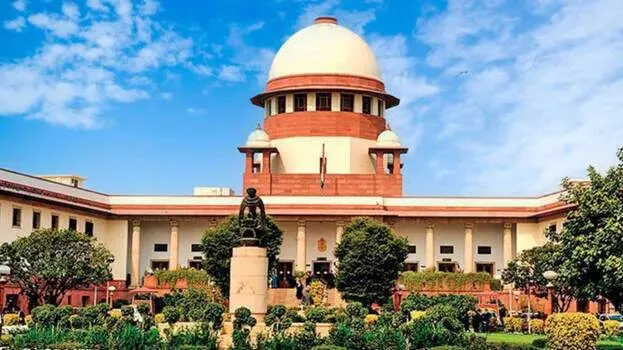

NEW DELHI: The Supreme Court rejected the decision of a two-judge bench that fixed a timeline for the President and the Governor to take a decision on bills passed by the Assembly. The Supreme Court was responding to a reference with fourteen questions from the President.
The court pointed out that if a bill passed by the Assembly comes before the Governor, it is against the federal principles to hold it for an indefinite period. The court directed that this should be resolved through communication and discussion with the Assembly. The verdict was given by a five-judge bench headed by Chief Justice B R Gavai.
The two-judge bench of the Supreme Court had set a timeline for the President and the Governor in April last year on a plea filed by the Stalin government against the Governor of Tamil Nadu. If the Constitution does not set a timeline for the President to take a decision on bills, can he do so through judicial orders, and are there any limitations on the special powers granted to the Supreme Court under Article 142 of the Constitution?
While the central government supported the President's reference, states ruled by opposition parties, including Kerala and Tamil Nadu, opposed it. The President can seek the opinion of the Supreme Court under Article 143 (1) of the Constitution. The President's reference was made in exercise of that special power.